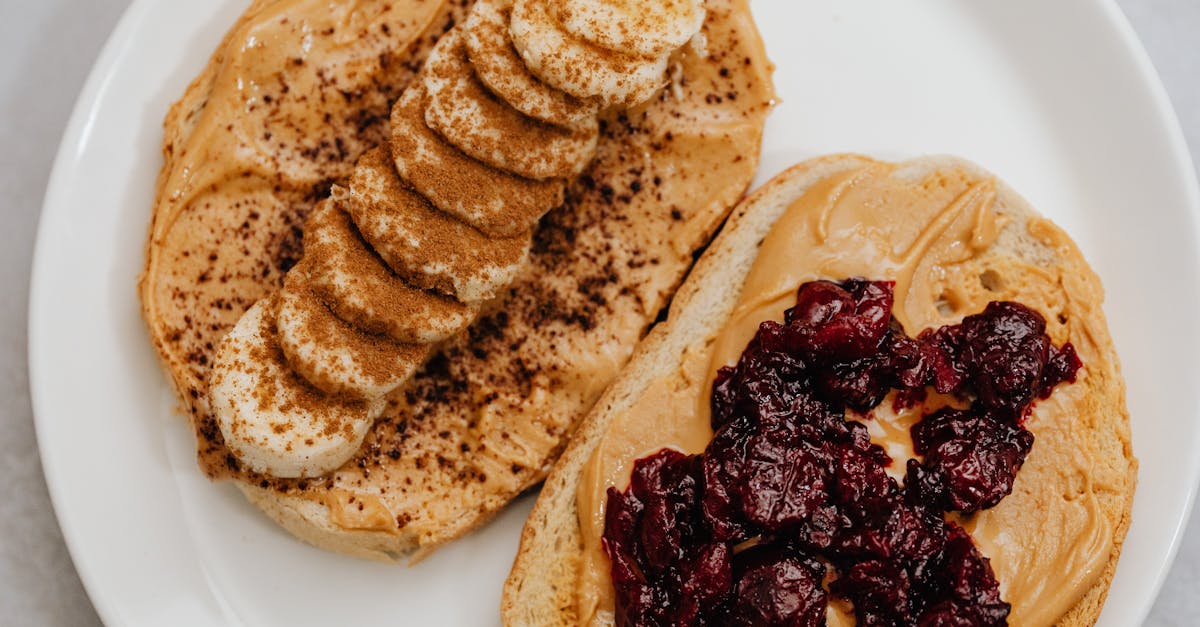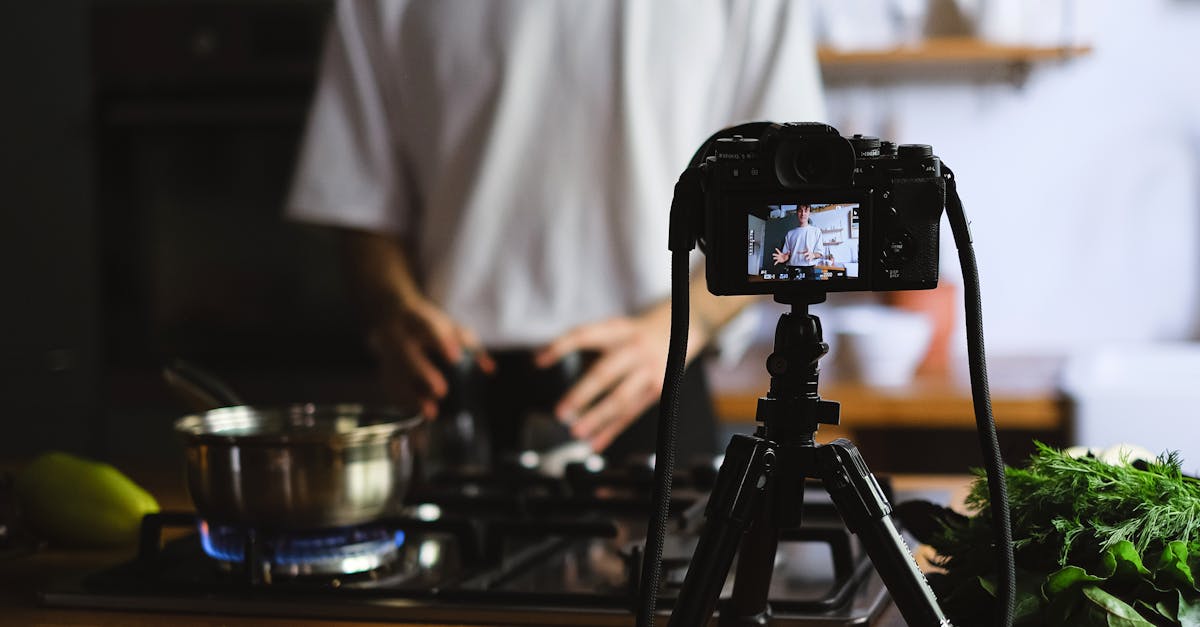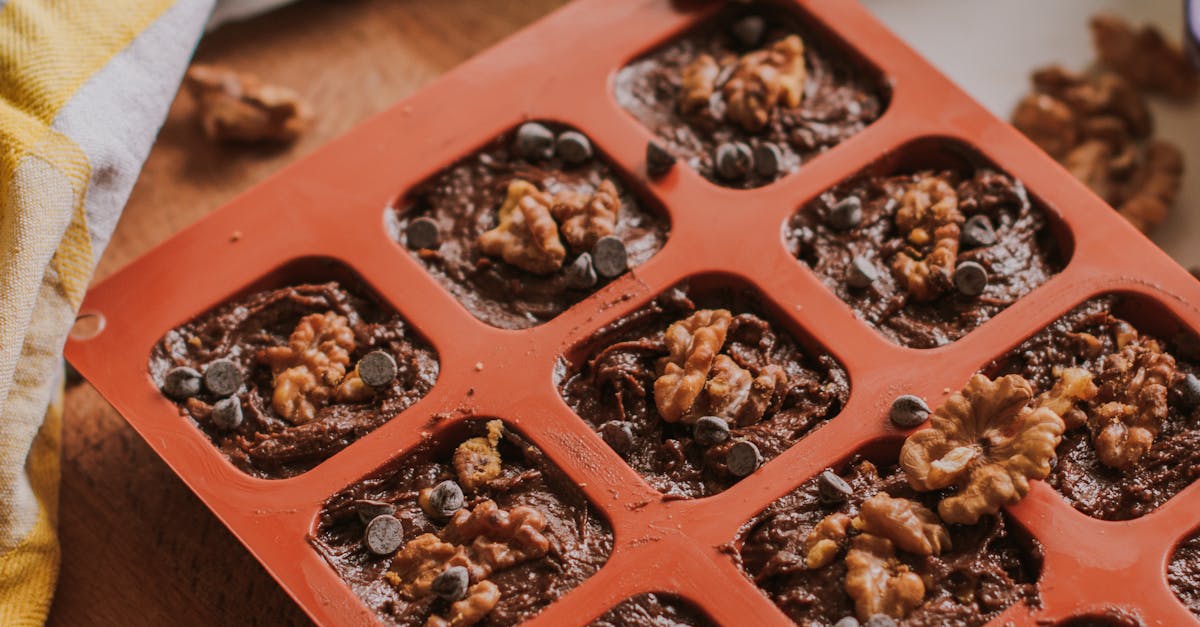Let’s be honest, we’ve all been there. You’re craving those perfectly juicy, crispy chicken tenders you get at your favorite restaurant, but the homemade versions always seem to end up dry and disappointing. Forget that! This isn’t some culinary alchemy; it’s about mastering a few simple techniques to achieve restaurant-quality grilled chicken tenders right in your own backyard. We’re ditching the bland and embracing bold flavors, juicy textures, and irresistible grill marks. Get ready to unlock the secrets to transforming ordinary chicken breasts into extraordinary, finger-licking-good grilled perfection. From choosing the right cut and creating a killer marinade to mastering the grill and whipping up some awesome dipping sauces, we’ve got you covered every step of the way. Prepare for juicy, flavorful, and utterly addictive chicken tenders that will leave you wondering why you ever settled for anything less!
This guide is your passport to tender, flavorful chicken every single time. We’ll cover everything from selecting the perfect chicken breasts (or thighs!) and creating mouthwatering marinades to achieving that perfect sear on the grill. We’ll even troubleshoot common grilling issues, so you can confidently grill up a batch of restaurant-worthy chicken tenders without the restaurant price tag. Plus, we’ll share some seriously delicious dipping sauce recipes and serving suggestions to elevate your chicken tender game to the next level.
So, fire up the grill, gather your ingredients, and prepare to be amazed! Get ready to experience the ultimate in juicy, flavorful grilled chicken tenders – a culinary adventure that’s as easy as it is delicious. Let’s get grilling!
Key Insights for Juicy Grilled Chicken Tenders
- Master the Marinades: Unlock juicy, flavorful chicken with the right marinade. Experiment with sweet, spicy, or savory options to find your favorite.
- Perfect the Prep: Tenderizing and patting your chicken dry are crucial steps for achieving a perfect sear and preventing dryness.
- Grill Like a Pro: Maintain the ideal grill temperature (350-400°F) for even cooking and those irresistible grill marks. Use a meat thermometer to ensure doneness.
- Sauce it Up: Elevate your chicken tenders with delicious dipping sauces like honey mustard, spicy ranch, or smoky BBQ sauce.
- Beyond the Plate: Create a complete and satisfying meal by pairing your grilled chicken tenders with complementary sides like coleslaw, potato salad, or fries.
1. Unlocking the Secret to Juicy Grilled Chicken Tenders
Let’s be real, nobody wants dry, rubbery chicken tenders. We’ve all experienced that disappointment – the kind that makes you swear off homemade chicken tenders forever. But fear not, fellow food lovers! This section is all about transforming your chicken-grilling game and achieving juicy, flavorful results that will rival your favorite restaurant. We’re about to spill the secrets to perfectly grilled chicken, ensuring each bite is a burst of tender, deliciousness.
The key to juicy chicken tenders isn’t some magical ingredient; it’s a combination of smart techniques and a little know-how. We’ll explore the best cuts of chicken – breast versus thigh – and help you choose the perfect piece for your grilling adventure. We’ll also delve into the world of marinades, showcasing how they not only add incredible flavor but also lock in moisture, preventing dryness. Think of marinades as your secret weapon against tough, overcooked chicken – they’re your flavor and moisture insurance policy!
Beyond marinades, we’ll cover essential prep work, like properly tenderizing the chicken to ensure even cooking and a wonderfully soft texture. We’ll also teach you the importance of patting your chicken dry before hitting the grill, a simple step that dramatically impacts the final result (think beautiful grill marks and a crispy exterior!). Finally, we’ll guide you through achieving the perfect grill temperature and cooking time, making sure your chicken is cooked through without becoming dry and tough. Get ready to ditch the disappointment and embrace the deliciousness!
Why Grilling is the Ultimate Chicken Tender Method
Let’s face it: fried chicken tenders are a classic, but grilling offers a whole new level of flavor and texture that’s hard to beat. While frying delivers crispy goodness, it can often leave chicken feeling a bit greasy and heavy. Grilling, on the other hand, offers a lighter, healthier alternative without sacrificing that satisfying crunch. The smoky char from the grill adds a depth of flavor that simply can’t be replicated by other cooking methods. It’s that perfect balance of smoky, savory, and slightly sweet that makes grilled chicken so irresistible.
Grilling’s magic lies in the Maillard reaction, that beautiful browning process that creates those intensely flavorful compounds. This reaction happens on the surface of the chicken as it hits the hot grill grates, giving your tenders that signature crispy exterior. But it’s not just about the outside; grilling also helps to create a wonderfully juicy interior. The heat from the grill sears the chicken, sealing in those precious juices and keeping your tenders incredibly moist and tender. This is especially important when cooking chicken breasts which can easily become dry if overcooked.
Compared to baking or pan-frying, grilling imparts a unique smoky flavor and delightful texture. Baked chicken tenders often lack that signature char and can end up dry, while pan-fried tenders can become overly greasy. Grilling offers the best of both worlds: that delicious crispy exterior and a supremely juicy interior, all while adding a subtle smoky undertone that elevates the dish to a whole new level of deliciousness. So, fire up the grill and get ready to experience the ultimate chicken tender experience!
Choosing the Right Chicken: Breast vs. Thighs
The great chicken tender debate: breast or thigh? Both cuts offer unique advantages for grilling, so the
2. Marinade Magic: Flavor Boosters for Your Tenders
Marinades aren’t just about adding flavor; they’re your secret weapon against dry, boring chicken tenders. A well-crafted marinade acts like a moisture-locking superhero, keeping your chicken incredibly juicy and tender. It works by breaking down the proteins in the chicken, making it more tender, and by adding flavor deep within the meat itself, not just on the surface. So, don’t skip this crucial step – a good marinade is the foundation of perfectly grilled chicken tenders.
Think of marinades as a blank canvas for your culinary creativity. You can go classic with a simple honey garlic blend, where the sweetness of honey balances the savory garlic for a crowd-pleasing flavor. Or, you could spice things up with a fiery buffalo marinade, packing in a punch of heat and a tangy kick. For a more herbaceous option, a lemon herb marinade offers a fresh, bright flavor profile that’s both elegant and delicious. The possibilities are endless! Experiment with different combinations of herbs, spices, acids, and oils to create your signature marinade.
Remember, the longer your chicken marinates, the more flavorful and tender it will become. However, there’s a sweet spot to avoid over-marinating, which can make the chicken mushy. Aim for at least 30 minutes, but ideally several hours, or even overnight for best results. Make sure to refrigerate your chicken while it marinates. Then, fire up the grill and prepare to be amazed by the juicy, flavorful results of your marinade magic! Your taste buds will thank you.
Classic Marinade Recipes: Sweet, Spicy, and Savory Options
Ready to unleash some marinade magic? Here are three crowd-pleasing recipes to get you started. First up, the classic Honey Garlic Marinade: Whisk together ½ cup honey, ¼ cup soy sauce, 2 tablespoons rice vinegar, 2 cloves minced garlic, and 1 teaspoon grated ginger. This sweet and savory marinade is incredibly versatile and works beautifully with both chicken breasts and thighs. For extra zing, add a pinch of red pepper flakes!
Next, we’ve got the fiery Spicy Buffalo Marinade: In a bowl, combine ½ cup hot sauce (your favorite brand!), ¼ cup melted butter, 2 tablespoons apple cider vinegar, 1 tablespoon Worcestershire sauce, and 1 teaspoon garlic powder. This marinade packs a serious punch, so adjust the amount of hot sauce to your preferred level of spiciness. For a creamier version, stir in a couple of tablespoons of ranch dressing or mayonnaise.
Finally, let’s explore the refreshing Lemon Herb Marinade: Juice one lemon, then whisk it together with ¼ cup olive oil, 2 tablespoons chopped fresh parsley, 1 tablespoon chopped fresh oregano, 1 tablespoon chopped fresh thyme, 1 clove minced garlic, and a pinch of salt and pepper. This bright, herby marinade is perfect for those who prefer a lighter, more herbaceous flavor profile. Feel free to experiment with other fresh herbs like rosemary or basil, adjusting to your taste preferences. Remember to let your chicken marinate for at least 30 minutes, or even better, overnight for maximum flavor and juiciness!
Marinating Time: How Long is Enough?
Marinating time is crucial for achieving truly exceptional grilled chicken tenders. It’s not just about adding flavor; it’s about transforming the texture and overall quality of your chicken. A short marinade might add a hint of flavor to the surface, but it won’t penetrate deeply enough to make a significant difference in the tenderness and juiciness. Think of it like this: a longer marinade allows the flavors to meld and permeate the chicken, resulting in a more intense and satisfying taste experience.
3. Prepping Your Chicken for Grilling Perfection
Before you even think about firing up the grill, there’s some crucial prep work to ensure your chicken tenders reach grilling greatness. Proper preparation is the key to unlocking juicy, flavorful, and perfectly cooked chicken every single time. We’re not just talking about slapping some marinade on and tossing it on the grill; we’re talking about a few simple techniques that elevate your grilling game.
First, consider tenderizing your chicken, especially if you’re using chicken breasts. Using a meat mallet to gently pound the chicken to an even thickness ensures even cooking and prevents dry, tough areas. This step is particularly important for chicken breasts, which tend to be tougher than chicken thighs. Evenly-thick tenders cook more uniformly, ensuring that the inside is juicy and the outside is perfectly crisp.
Finally, and this is a game-changer, make sure your chicken is completely dry before it hits the grill. Patting it down thoroughly with paper towels removes excess moisture, promoting a beautiful sear and preventing the chicken from steaming instead of grilling. That beautiful sear is what creates those delightful grill marks and contributes to the overall flavor and texture of your chicken tenders. So, don’t skip this crucial step—it’s the difference between amazing and just okay.
Tenderizing Techniques for Extra Juiciness
Tenderizing chicken isn’t about pulverizing it into mush; it’s about breaking down tough muscle fibers to create a more tender and evenly cooked piece of meat. This is especially important for chicken breasts, which can easily become dry and tough if not properly prepared. The most common and easiest method is pounding with a meat mallet. Place your chicken breast between two sheets of plastic wrap (to prevent splattering and keep things clean!), and gently pound it to an even thickness, aiming for about ½ inch. This ensures even cooking and prevents the thicker parts from becoming dry while the thinner parts overcook.
Patting Dry: Why It’s Crucial for Grilling
Think of this as the secret weapon for achieving perfectly seared, crispy chicken tenders. While it might seem like a minor detail, patting your chicken completely dry before grilling is absolutely crucial for achieving that beautiful, flavorful crust. Excess moisture on the surface of the chicken will prevent proper searing, leading to steamed, rather than grilled, chicken. Steaming leads to a less flavorful and less appealing texture, lacking the satisfying crispiness we all crave.
4. Mastering the Grill: Temperature and Cooking Time
Grilling chicken tenders is all about hitting that sweet spot of temperature and time. Too low, and you’ll end up with dry, rubbery chicken. Too high, and you’ll risk burning the outside before the inside is cooked through. The ideal grill temperature for chicken tenders is around 350-400°F (175-200°C) – a medium-high heat. This high heat is key for achieving a nice sear and creating those irresistible grill marks. A meat thermometer is your best friend here; it takes the guesswork out of cooking and ensures perfectly cooked chicken every time.
Ideal Grill Temperature for Chicken Tenders
The key to juicy, flavorful chicken tenders lies in finding the perfect grill temperature. Too low, and your chicken will take forever to cook, resulting in dry, tough meat. Too high, and you’ll risk burning the outside before the inside is cooked through. Aim for a medium-high heat, around 350-400°F (175-200°C). This temperature range is ideal for creating a beautiful sear that locks in the juices while ensuring even cooking.
A good sear is crucial for developing those delicious grill marks and adding a smoky depth of flavor. That initial high heat helps to caramelize the sugars and amino acids on the surface of the chicken, leading to an irresistible crispy exterior. But it’s not just about the flavor; that sear also helps to seal in the moisture, preventing your chicken from becoming dry and tough. Maintaining this temperature throughout the cooking process is important for evenly cooked chicken tenders – no more dry, overcooked bits!
Using a meat thermometer to check the internal temperature of the chicken is highly recommended. This eliminates guesswork and ensures your chicken is cooked to perfection. Remember, the goal is to reach an internal temperature of 165°F (74°C) without drying out the chicken. By maintaining the right temperature and using a meat thermometer, you’ll consistently create juicy, delicious, perfectly grilled chicken tenders every time.
Cooking Time Guide: How to Tell When They’re Done
Knowing when your chicken tenders are perfectly cooked is crucial for achieving juicy, flavorful results. While a general guideline is helpful, the best way to ensure doneness is by using a meat thermometer. Forget relying solely on visual cues; a thermometer provides accurate and consistent results, eliminating guesswork and preventing undercooked or overcooked chicken. Aim for an internal temperature of 165°F (74°C). Anything less, and your chicken may be unsafe to eat.
5. Grilling Techniques for Restaurant-Quality Results
Ready to take your grilling game from amateur to pro? Mastering a few key techniques can elevate your chicken tenders from good to absolutely amazing. First, let’s talk about preventing sticking. Before you even place your chicken on the grill, make sure your grates are clean and well-oiled. Use a high-heat oil with a high smoke point, like canola or grapeseed oil, and apply it evenly using a paper towel or a brush. This creates a barrier between the chicken and the grates, preventing sticking and ensuring easy flipping.
Preventing Sticking: Oil and Grill Grates
Nobody likes burnt, stuck-on chicken tenders. It’s frustrating, it’s messy, and it ruins the perfect grilling experience. The secret to preventing this culinary catastrophe? Oiling your grill grates! This simple step creates a non-stick surface, allowing your chicken to cook evenly and release easily from the grill. Before you even think about placing your marinated chicken on the grates, make sure they’re clean and hot.
Achieving Beautiful Grill Marks
Those gorgeous grill marks aren’t just for show; they’re a sign of perfectly seared, flavorful chicken. Achieving them involves a bit of technique and timing, but the results are well worth the effort. First, ensure your grill is hot enough—medium-high heat is ideal. Second, don’t overcrowd the grill. Give your chicken tenders enough space to cook evenly and develop those attractive grill marks without steaming.
6. Delicious Dipping Sauces to Complement Your Tenders
Let’s be honest: chicken tenders are even better with the perfect dipping sauce. A great dipping sauce elevates the entire eating experience, adding a layer of flavor and texture that complements the juicy chicken perfectly. From classic choices to more adventurous options, the possibilities are endless. But where do you start? We’ve got you covered with a few ideas to get those creative juices flowing!
Honey Mustard Delight
This honey mustard recipe is a classic for a reason – it’s simple, delicious, and perfectly complements the savory flavor of grilled chicken tenders. The sweetness of the honey balances beautifully with the tang of the mustard, creating a harmonious flavor profile that’s both familiar and satisfying. It’s the perfect dipping sauce to have on hand, whether you’re enjoying a casual weeknight meal or hosting a summer barbecue.
To make this delightful dip, simply whisk together ½ cup of honey, ¼ cup of Dijon mustard, 2 tablespoons of mayonnaise, and 1 tablespoon of apple cider vinegar in a small bowl. For a smoother consistency, you can briefly blend the mixture with an immersion blender. If you prefer a sweeter honey mustard, add a little extra honey. For a tangier flavor, increase the amount of apple cider vinegar or Dijon mustard.
Once you’ve achieved your perfect balance of sweet and tangy, taste and adjust seasonings as needed. A pinch of salt and freshly ground black pepper can elevate the flavors even further. Store leftover honey mustard in an airtight container in the refrigerator for up to a week. This versatile sauce is not just for chicken tenders; it’s also delicious with grilled fish, roasted vegetables, or even as a marinade for other meats!
Spicy Ranch Dressing
Spice up your chicken tender game with this easy spicy ranch dressing recipe! It’s a fun twist on a classic, adding a kick of heat that perfectly complements the savory chicken. The creamy base provides a delicious contrast to the crispy exterior of the tenders, creating a truly satisfying dip. This recipe is easily customizable to your preferred level of spice, so feel free to adjust the amount of hot sauce to your liking.
BBQ Sauce Extravaganza
For a truly classic pairing with grilled chicken tenders, you can’t go wrong with a smoky BBQ sauce. This recipe delivers a rich, tangy, and slightly sweet flavor profile that perfectly complements the savory chicken. The smoky notes add a depth of flavor that elevates the simple chicken tender to a whole new level. Whether you prefer a thick and chunky sauce or a smoother consistency, this recipe is easily adaptable to your preferences.
7. Serving Suggestions: Beyond the Plate
Don’t just serve your perfectly grilled chicken tenders on a plate! Get creative and elevate your presentation to match the deliciousness of your food. Think beyond the basic side dishes and explore options that complement the flavors and textures of your tenders. A classic coleslaw offers a refreshing contrast to the richness of the chicken, while crispy fries provide a satisfying crunch.
Side Dish Pairings
The beauty of grilled chicken tenders is their versatility—they pair wonderfully with a huge range of side dishes. To create a truly satisfying meal, consider balancing the richness of the chicken with lighter, refreshing sides, or adding contrasting textures for an interesting culinary experience. A crisp, cool coleslaw offers a fantastic counterpoint to the warm, savory chicken, cutting through the richness with its tangy vinaigrette and shredded cabbage.
Building the Perfect Chicken Tender Meal
Want to elevate your chicken tender meal from a simple snack to a complete and satisfying culinary experience? It’s all about building a balanced meal that plays with different textures and flavors. Think about incorporating a variety of elements: something crunchy, something creamy, something fresh, and something savory. This ensures a delicious and well-rounded meal that keeps you full and satisfied.



